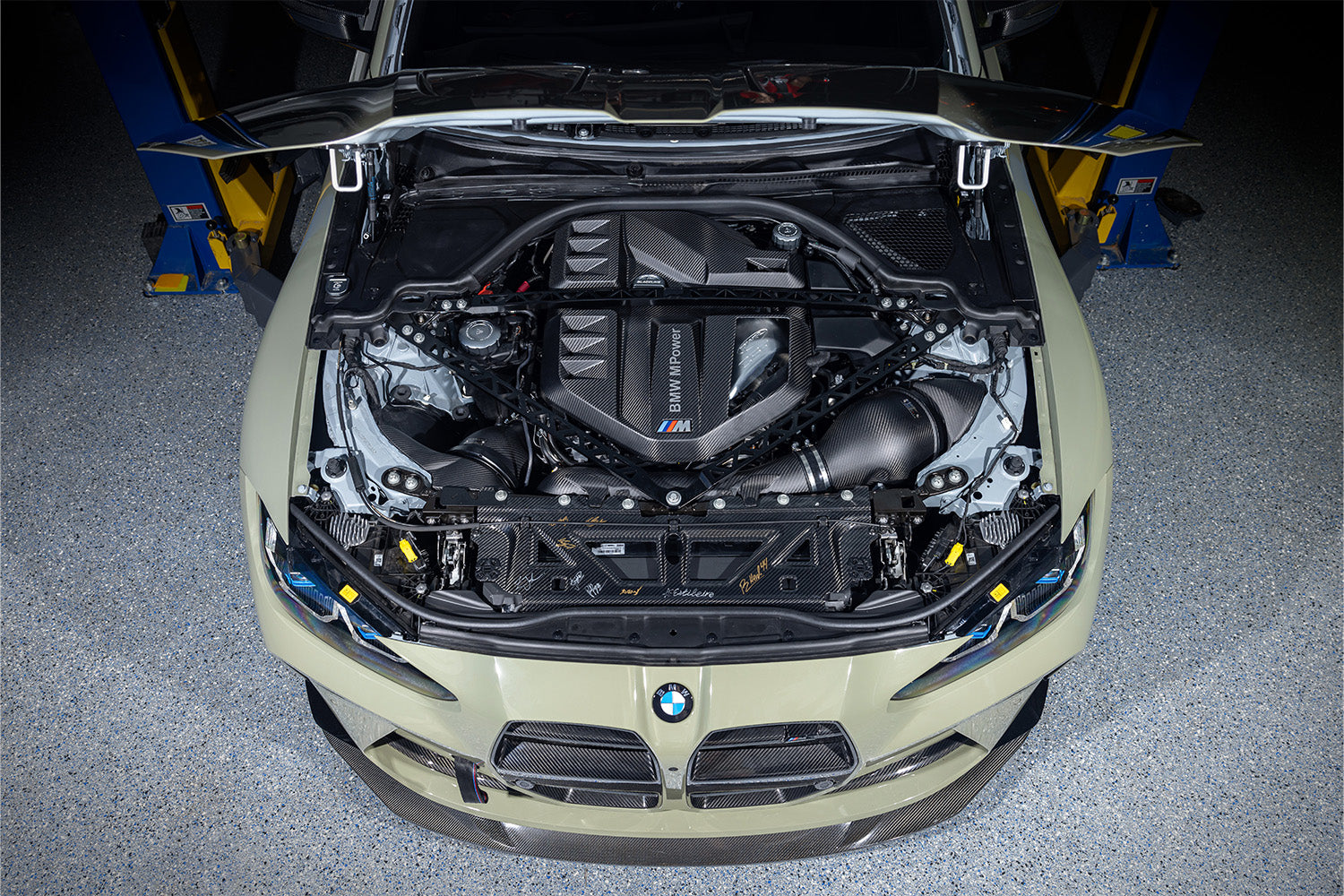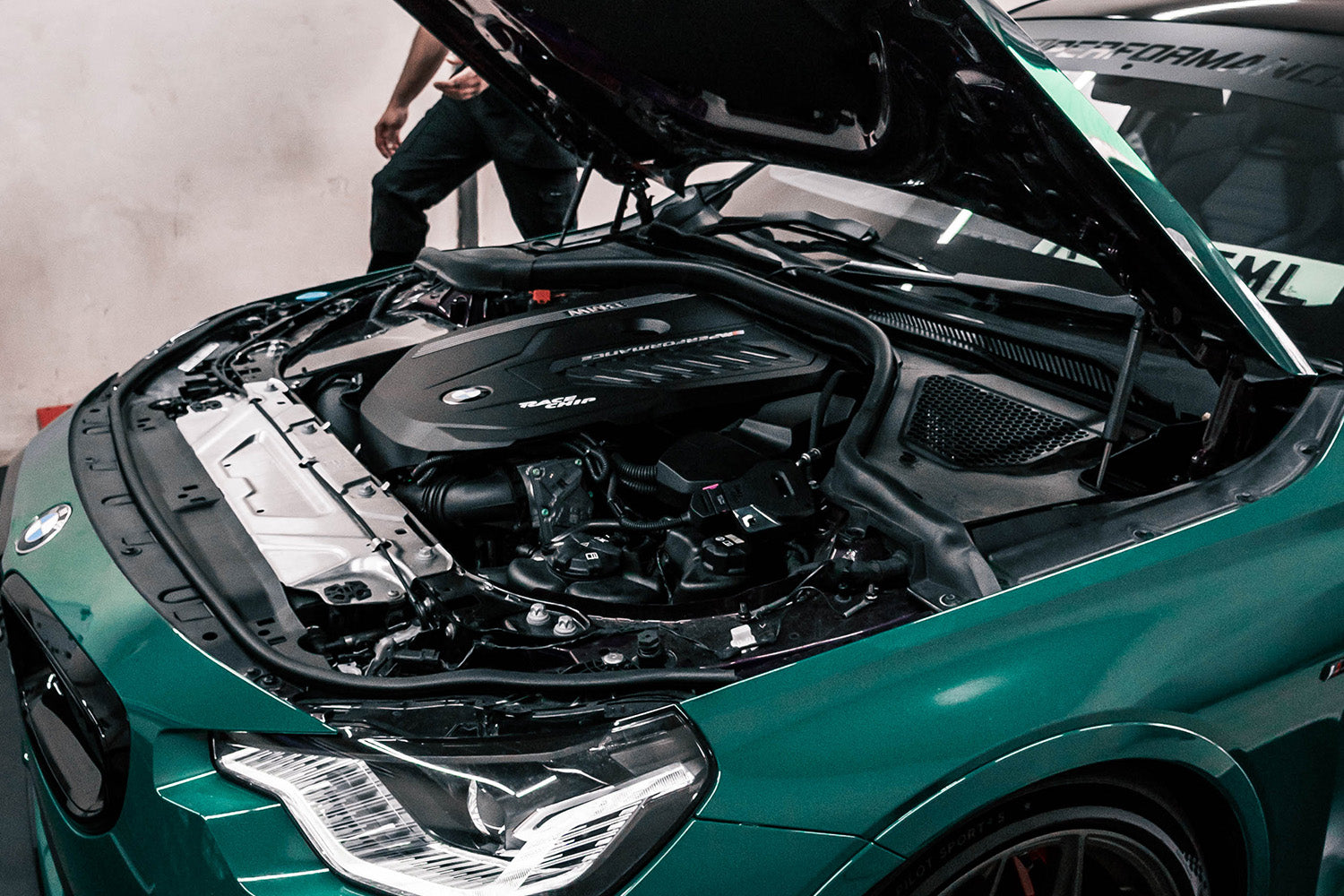Leading 5 BMW Engine Technologies Transforming the Automotive Sector
Introducing the Intricacies of Next-Generation Power Units: a Deep Study Advanced Engine Styles and Advancements
As we stand on the precipice of a new age in transportation, the ins and outs of next-generation engine layouts bid us to discover the sophisticated innovations and technologies that assure to redefine the driving experience. Delving much deeper into the worlds of exhaust control, intelligent engine management systems, and the horizon of power unit development, we discover ourselves on the cusp of a change that guarantees to improve the landscape of wheelchair as we understand it.
Development of Engine Materials

The change in the direction of advanced engine products has actually additionally made it possible for engineers to develop engines with higher power outcomes while preserving gas performance criteria. The usage of lightweight products lowers the overall weight of the engine, leading to enhanced gas economy and lower emissions. Additionally, improvements in materials innovation have actually enabled better thermal management within engines, leading to increased integrity and long life.
Turbocharging and Supercharging Technologies
Just How do Turbocharging and Supercharging Technologies revolutionize engine efficiency and performance in modern-day cars? Turbocharging and turbo charging are innovations that significantly boost engine efficiency by increasing the amount of air consumption into the burning chamber. Turbocharging attains this by making use of a turbine driven by exhaust gases to pressurize the consumption air, while turbo charging uses a belt- or chain-driven compressor to achieve the very same effect.
These modern technologies enable smaller sized, a lot more fuel-efficient engines to generate power equal to larger ones, referred to as downsizing. By requiring more air into the cyndrical tubes, turbo charging and turbocharging boost burning performance, causing boosted horsepower and torque outcome without a substantial boost in engine dimension. This results in better acceleration, towing capability, and total driving performance.
Additionally, turbo charging and turbocharging add to boosted gas efficiency by enabling the use of smaller engines that eat much less fuel under regular driving problems - bmw engine. This combination of improved efficiency and efficiency has actually made turbocharging and supercharging indispensable components of lots of modern-day engine designs
Exhaust Control and Environmental Impact
With boosting international worries pertaining to air high quality and ecological sustainability, the implementation of exhaust control modern technologies in lorries plays an important role in minimizing dangerous toxins released into the environment. Modern cars are outfitted with innovative emission control systems that assist reduce the ecological impact of vehicle operations. Catalytic converters, for example, are designed to convert hazardous gases such as carbon monoxide, nitrogen oxides, and hydrocarbons into less hazardous substances like co2 and water vapor.
Moreover, innovations in engine innovation, such as the combination of exhaust gas recirculation systems and careful catalytic reduction, have significantly contributed to reducing exhausts. These modern technologies function in tandem to optimize burning performance and lessen the launch of dangerous contaminants right into the air. Additionally, the development of crossbreed and electric automobiles represents a critical action towards minimizing the overall ecological footprint of the transportation industry.
Intelligent Engine Administration Systems

In addition, these systems enable lorries to meet rigid emissions criteria without endangering efficiency, offering an extra ecologically friendly driving experience. The assimilation of expert system and machine knowing capabilities in engine monitoring systems continues to press the borders of what is feasible, bring about more improvements in performance, reliability, and general automobile performance. bmw engine. As vehicle modern technology advancements, intelligent engine administration systems will certainly play a vital role fit the future of transportation towards an extra efficient and lasting instructions
Future Trends in Power Unit Growth
As intelligent engine management systems pave the method for boosted control and optimization in modern vehicles, future fads in power unit advancement are poised to redefine the landscape of automotive propulsion innovations. These alternate power sources offer this boosted performance and performance while straightening with strict ecological policies.
One more significant pattern is the integration of advanced products and making strategies. Light-weight products such as carbon fiber and aluminum are being made use of to reduce overall automobile weight, boosting fuel efficiency and performance. Furthermore, improvements in 3D printing and additive manufacturing are allowing the production of intricate engine components with greater precision and durability.
In addition, man-made intelligence and artificial intelligence are playing an important duty in optimizing power system performance. These innovations permit for real-time monitoring and flexible control, leading to extra trusted and reliable power distribution. In general, future patterns in power unit development are geared in the direction of effectiveness, sustainability, and efficiency, driving the vehicle market in the direction of a new age of propulsion innovations.

Conclusion
To conclude, the improvements in engine products, turbocharging, discharge control, and intelligent management systems have led the means for next-generation power units. These technologies have not only enhanced efficiency and efficiency however also decreased ecological influence. As modern technology continues to develop, future trends in power device advancement are likely to concentrate on additional enhancing sustainability and enhancing power result. The intricate designs and technologies in contemporary engines showcase the recurring development of vehicle modern technology.
Discovering the modern improvements in engine materials has actually been crucial in improving the performance and effectiveness of modern engines. Over the years, the advancement of engine materials has actually played an essential duty in pushing the boundaries of what engines can attain.The shift towards progressed engine materials has actually also allowed designers to develop engines with higher power results while maintaining fuel performance requirements.The application of intelligent engine administration systems in modern vehicles has actually revolutionized the means engines are controlled and enhanced for performance and efficiency. By collecting information in real-time and examining it with advanced formulas, smart engine monitoring systems can read this adjust to driving styles, ecological variables, and engine health and wellness to optimize power outcome while decreasing gas intake and exhausts.